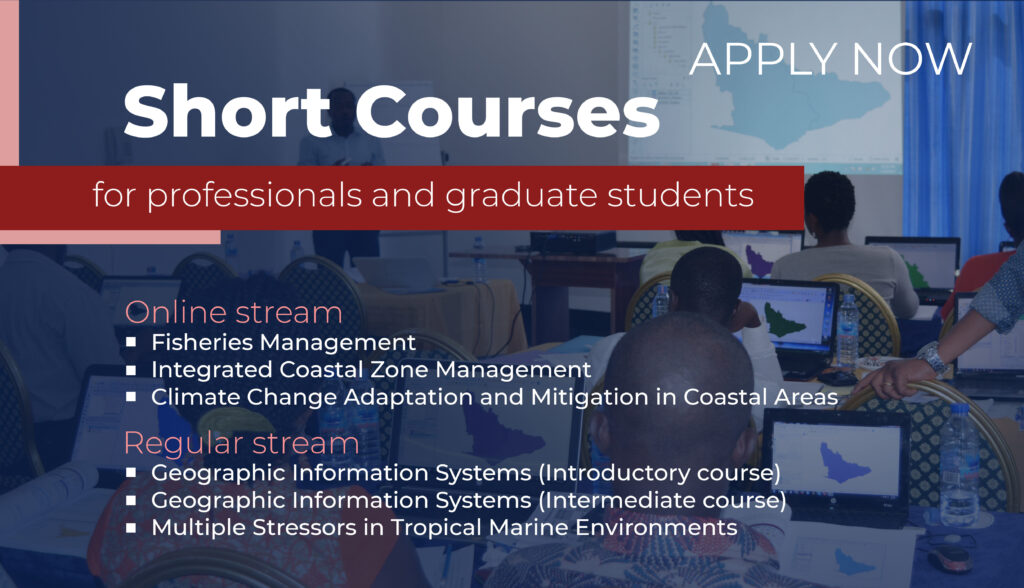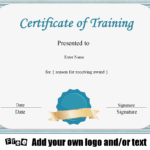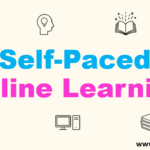Beyond the Textbook: My Personal Journey to Unlocking New Skills with Short Courses
Hey there! Ever felt like you’re at a crossroads in life, wondering how to get to that next level, whether it’s in your career, a hobby, or just for personal growth? I certainly have. For a long time, I felt a bit stuck, like there was this whole world of knowledge and skills out there, but I didn’t have the time or the money for another full-blown university degree. That’s where my story with short courses began, and honestly, it changed everything.
The "Aha!" Moment: Discovering a Smarter Way to Learn
I remember it vividly. I was scrolling through job listings, seeing all these exciting roles that required skills I just didn’t possess – things like digital marketing, data analysis, or even just advanced graphic design. My traditional education had given me a great foundation, but the world was moving fast, and I felt like I was falling behind.
I considered going back to school, but the thought of years of commitment and tuition fees was daunting. That’s when a friend mentioned short courses. "They’re quick, practical, and you learn exactly what you need," she said. Skeptical but curious, I started looking into them. What I found was a revelation: intensive programs, often lasting just a few weeks or months, focused on specific, in-demand skills. It felt like a cheat code for learning!
My First Dive: A Digital Marketing Adventure
My first short course was in Digital Marketing. I picked it because I saw how essential online presence was becoming for every business, and I wanted to understand it better. I was a bit nervous on the first day. Would it be too fast-paced? Would I keep up?
But from the moment the instructor started, I knew this was different. It wasn’t just about sitting there and listening to lectures. We were doing things. We analyzed real-world campaigns, built mock social media strategies, and even ran small test ad campaigns. The lessons weren’t just about theory; they were about application.
The class size was smaller than a typical university lecture, which meant more personalized attention and a chance to really connect with the instructor and my classmates. We were a diverse bunch: recent graduates, seasoned professionals looking to update their skills, and even small business owners wanting to market their own ventures. This mix of experiences made discussions incredibly rich and insightful.
By the end of the course, I didn’t just have a certificate; I had a portfolio of work and, more importantly, a newfound confidence. I could talk about SEO, content marketing, and analytics not just theoretically, but with practical understanding. It was exhilarating!
The Ripple Effect: How One Short Course Opened New Doors
That first short course wasn’t just about learning digital marketing; it was about realizing my potential. Suddenly, I wasn’t just "stuck" anymore. I started applying the skills I learned in my existing role, taking on new responsibilities, and even helping friends with their small businesses.
What’s more, the networking aspect was invaluable. I met people who later became colleagues, mentors, and even just great friends. These were people who were also actively trying to improve themselves, and being in that environment was incredibly motivating.
The confidence I gained spilled over into other areas of my life. I started looking for other short courses that interested me – something on data analysis, then a creative writing workshop, and even a photography basics class just for fun. Each one added a new layer to my skill set and my personal development.
Who Are Short Courses For? Probably You!
My story is just one example, but the beauty of short courses is their versatility. They’re truly for almost anyone looking to grow:
- The Career Changer: If you’re dreaming of a totally new field but don’t want to start from scratch, a short course can give you the foundational skills and a taste of the industry without a huge commitment. Think coding bootcamps, UX/UI design, or even culinary arts.
- The Professional Looking to Upskill: The job market is constantly evolving. Maybe you need to learn new software, master a new business strategy, or understand emerging technologies. Short courses are perfect for targeted professional development, keeping you relevant and competitive.
- The Student Seeking Practical Skills: University courses are great for theoretical knowledge, but sometimes you need hands-on, practical skills for internships or entry-level jobs. A short course can bridge that gap, giving you an edge.
- The Lifelong Learner/Hobbyist: Ever wanted to learn a new language, try pottery, understand investing, or master a new instrument? Short courses offer a low-stakes way to explore new interests and passions without the pressure of formal qualifications.
- The Entrepreneur/Small Business Owner: Need to manage your own social media, understand basic accounting, or learn how to build a simple website? Short courses provide the specific knowledge you need to run your business more effectively.
Your Own Journey: Choosing the Right Short Course
Feeling inspired? Great! But with so many options out there, how do you pick the right short course for you? Here’s a little guide based on my own trial and error:
- First Off, Know Your "Why": What do you want to achieve? Is it a career goal, a personal interest, or solving a specific problem? Having a clear goal will narrow down your choices significantly.
- Research, Research, Research: Look at different providers. Are they reputable? Do they have good reviews? Check out universities, specialized training centers, and even online platforms like Coursera, edX, or Udemy (for more self-paced options).
- Check the Content and Instructor: Look at the course syllabus. Does it cover what you need? Who is teaching it? Experienced instructors with real-world knowledge make a huge difference.
- Consider the Format: Do you prefer in-person classes with direct interaction, or do you need the flexibility of an online, self-paced course? Both have their merits. Online learning has become incredibly sophisticated, offering live sessions, interactive exercises, and discussion forums.
- Look at the Time Commitment: Can you realistically fit it into your schedule? Some courses are intensive full-time bootcamps, while others are evening classes or weekend workshops.
- Don’t Forget the Community: Does the course offer opportunities to connect with classmates and instructors? A supportive learning community can enhance your experience immensely.
- Cost vs. Value: While short courses are generally more affordable than full degrees, they still represent an investment. Weigh the cost against the potential value you’ll gain in terms of skills, confidence, and opportunities.
Ready to Take the Leap?
My journey with short courses has been nothing short of transformative. It showed me that learning doesn’t have to be confined to traditional pathways. It can be agile, targeted, and incredibly rewarding. If you’ve been feeling that itch to learn something new, to upskill, or just to explore a hidden passion, I genuinely encourage you to look into a short course.
It’s not just about getting a certificate; it’s about investing in yourself, expanding your horizons, and opening doors you never even knew existed. So, what skill have you always wanted to learn? Perhaps a short course is your next big adventure!



